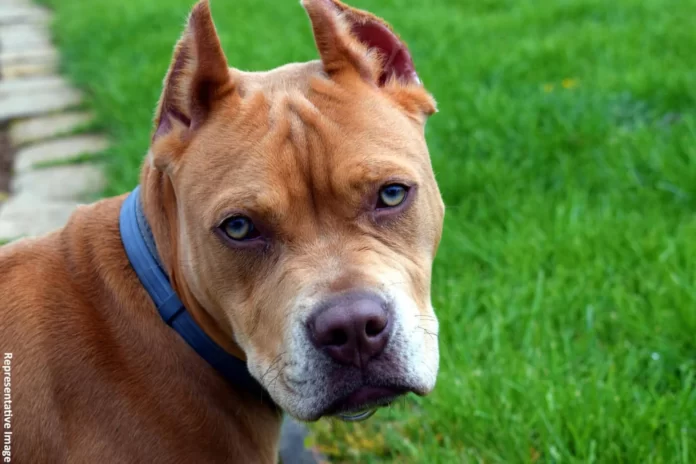In a landmark move aimed at curbing the cruel practice of dogfighting, the Centre has taken decisive action to prohibit the importation and breeding of foreign dog breeds commonly used for illegal fighting activities. This significant step comes in response to persistent advocacy efforts by People for the Ethical Treatment of Animals (PETA) India and underscores the government’s commitment to animal welfare and combating animal cruelty.
Dogfighting, a brutal and illegal blood sport, involves pitting dogs against each other in a fight for the entertainment and gambling pleasure of spectators. The dogs involved in these fights often endure severe injuries, trauma, and even death, all for the sake of human entertainment and profit. Moreover, the breeding and training practices associated with dogfighting perpetuate cruelty and suffering for countless animals.
Recognizing the inherent cruelty of dogfighting and its detrimental impact on animal welfare, the Centre has taken proactive measures to address this issue at its root. By prohibiting the importation and breeding of foreign dog breeds commonly associated with this barbaric practice, the government aims to disrupt the supply chain of dogs used for fighting and deter individuals from engaging in such activities.
PETA India’s relentless advocacy played a pivotal role in bringing attention to the issue of dogfighting and mobilizing public support for legislative action. Through campaigns, petitions, and lobbying efforts, PETA India shed light on the plight of dogs exploited for fighting and called for stringent measures to combat this cruel and illegal practice. The Centre’s decision to act on PETA India’s recommendations reflects the power of grassroots activism and underscores the importance of civil society organizations in driving positive change.
The prohibition on foreign dog breeds commonly used for illegal fighting sends a clear message that such activities will not be tolerated, and perpetrators will be held accountable for their actions. By targeting the supply of dogs used in fighting, the government aims to disrupt the profitability of this illicit industry and deter individuals from participating in or supporting dogfighting activities.
Moreover, the Centre’s action aligns with India’s commitment to animal welfare and upholding ethical standards in the treatment of animals. By enacting measures to protect dogs from exploitation and cruelty, the government reaffirms its commitment to creating a more compassionate and humane society where animals are treated with dignity and respect.
The decision to prohibit foreign dog breeds commonly used for illegal fighting also reflects growing awareness and concern about animal welfare issues in India. As public consciousness evolves and attitudes towards animals shift, there is an increasing demand for stronger legal protections and enforcement mechanisms to safeguard the rights and well-being of animals. The Centre’s response to the issue of dogfighting demonstrates a willingness to listen to the concerns of animal advocates and take concrete action to address them.
Furthermore, the prohibition on foreign dog breeds used for illegal fighting is a crucial step towards strengthening animal protection laws and closing loopholes that enable animal cruelty to persist. By targeting the source of dogs used in fighting, the government aims to disrupt the profitability of this illicit trade and deter individuals from participating in or supporting such activities. This move also underscores the importance of international cooperation in combatting transnational animal crimes and ensuring the welfare of animals across borders.
However, while the prohibition on foreign dog breeds is a significant step forward, more comprehensive measures are needed to effectively combat dogfighting and protect the welfare of all animals involved. This includes stringent enforcement of existing laws, increased penalties for offenders, and public awareness campaigns to educate the public about the inherent cruelty of dogfighting and promote ethical treatment of animals.
In addition, the Centre’s decision to prohibit foreign dog breeds commonly used for illegal fighting is a commendable move towards combating animal cruelty and promoting animal welfare in India. By taking decisive action in response to advocacy efforts by PETA India and other animal welfare organizations, the government demonstrates its commitment to creating a more compassionate and humane society where animals are treated with the respect and dignity they deserve. However, continued vigilance and concerted efforts are needed to effectively combat dogfighting and ensure the protection of all animals from exploitation and abuse.




